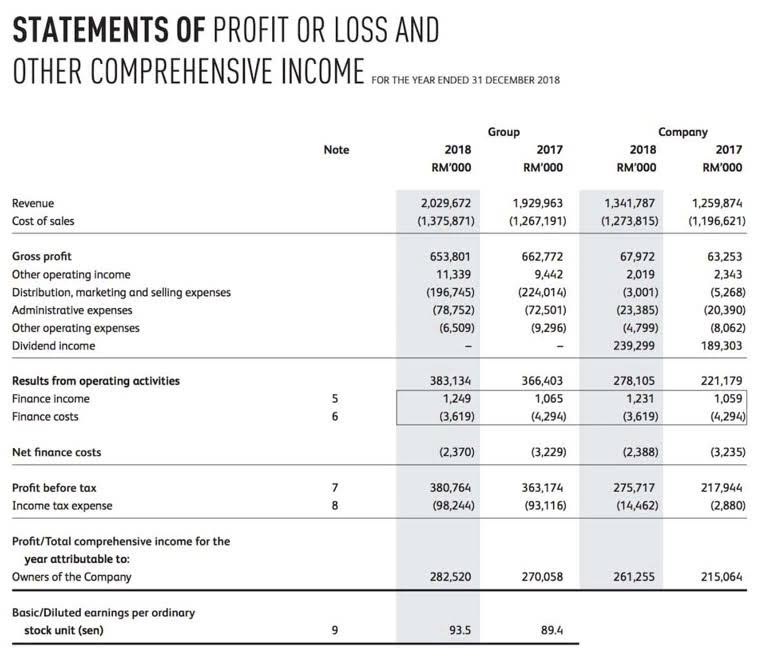GOODWILL meaning

Goodwill represents a certain value (and potential competitive advantage) that may be obtained by one company when it purchases another. It is that amount of the purchase price over and above the amount of the fair market value of the target company’s assets minus its liabilities. We then establish the respective percentages of each attribute for professional and enterprise goodwill. We can now calculate the dollar amount of professional and enterprise goodwill based on these percentages. We typically also include a sensitivity analysis for different outcomes of personal goodwill. Goodwill appears on the balance sheet as an intangible asset and is subject to periodic impairment tests, impacting the company’s overall valuation.

The reason for this is that, at the point of insolvency, the goodwill the company previously enjoyed has no resale value. Understanding goodwill is pivotal for developers navigating financial landscapes. Upgrading to a paid membership gives you access to our extensive collection of plug-and-play Templates designed to power your performance—as well as CFI’s full course catalog and accredited Certification Programs. Calculate the adjustments by simply taking the difference between the fair value and the book value of each asset. This video presentation, from our YouTube partner channel – Marketing Business Network, explains what ‘Goodwill’ is using simple and easy-to-understand language and examples. However, over a ten-year period, it increased considerably – in December 2006, its value was estimated at $1,403 million.
Accounting vs. Economic Goodwill
Arises from the practice itself, its track record, institutional reputation, location, and operating procedures. Goodwill is extremely difficult to price, however, it does make a commercial enterprise more valuable. The difference between the value of the whole and the sum of its parts is its goodwill. It is all about the nature of the business and the ethics and integrity with which people conduct their business. In a non-business context, goodwill refers to a kind and benevolent attitude one holds or displays towards others, often characterized by helpfulness and a desire for others’ happiness and well-being.
MUM lends itself to consistency, introduces objectivity into an otherwise subjective assignment, and provides for sensitivity analysis of the outcome. Unlike tangible assets, Goodwill is not amortized but is subject to impairment tests for potential write-downs. However, despite being intangible, goodwill is quantifiable and is a very important part of a company’s valuation. Under the second method of measuring the NCI, we take into account the 10% of B that A didn’t acquire. As a result, the goodwill value is $24 million ($150m + [140m x 0.1] – $140m).
goodwill American Dictionary
This can occur as the result of an adverse event such as declining cash flows, increased competitive environment, or economic depression, among many others. The math underlying the use of MUM in the allocation of goodwill is multiplicative. The attributes are divided into the two groups – personal and enterprise. The importance define goodwill utility is multiplied by the existence utility for each attribute to determine the multiplicative utility of each attribute. MUM divides attributes into those that tend to indicate either enterprise or professional goodwill, and then uses the relative weights to determine the attribute’s importance and presence in the business.
- This information should not be considered complete, up to date, and is not intended to be used in place of a visit, consultation, or advice of a legal, medical, or any other professional.
- The scale is a weighted scale, similar to the weighted scale for the importance utility.
- Unlike tangible assets, Goodwill is not amortized but is subject to impairment tests for potential write-downs.
- If, however, the value of that brand were to decline, then they may need to write off some or all of that goodwill in the future.
